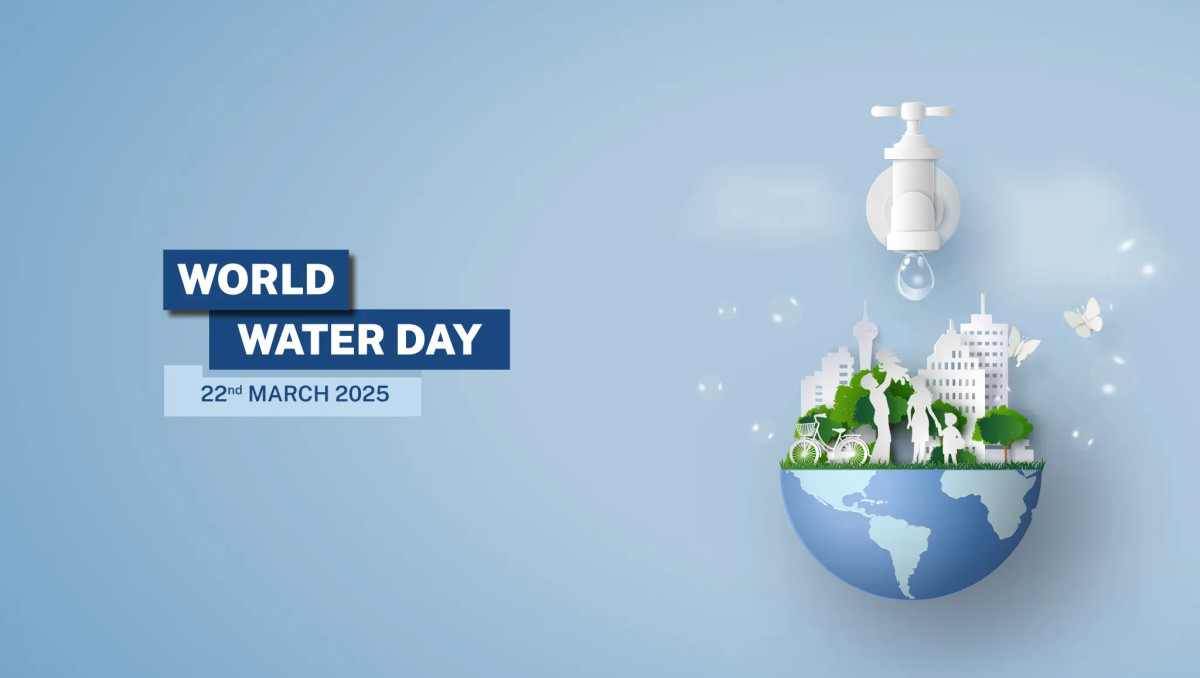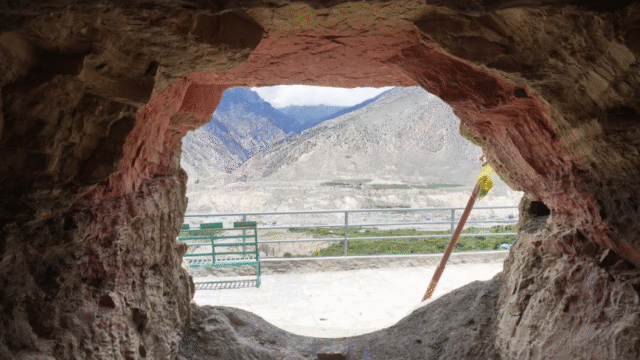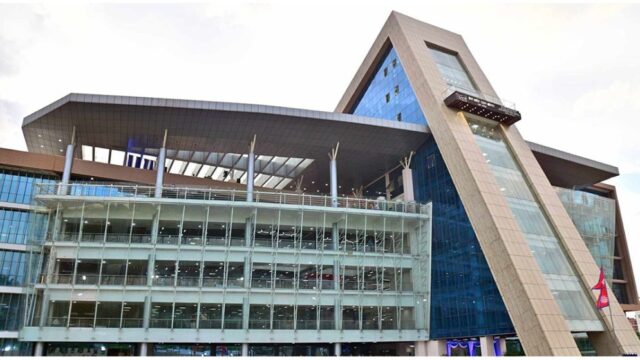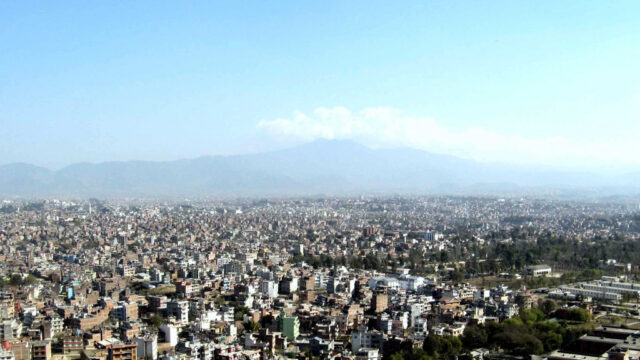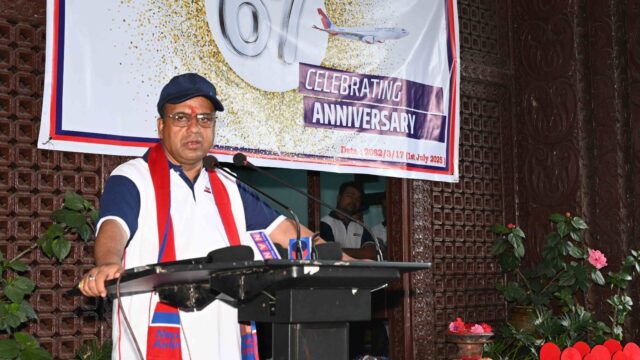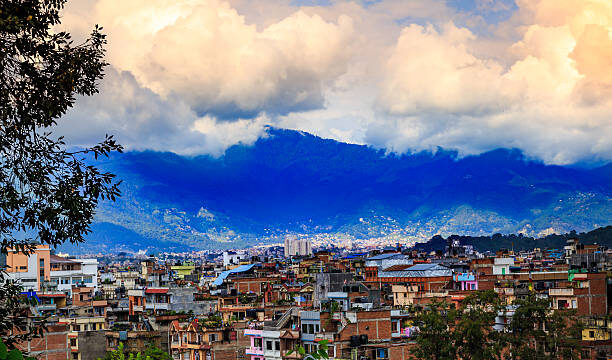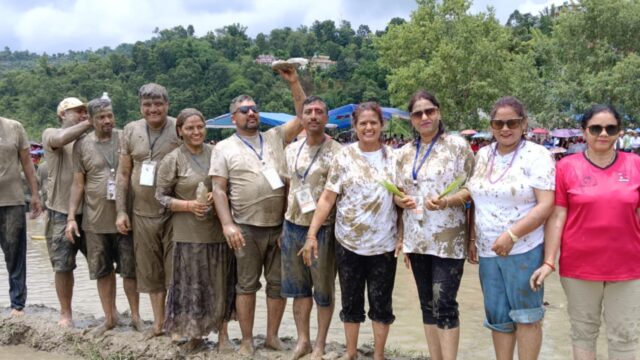Nepal is actively participating in the global celebration of World Water Day on March 22, aligning with the United Nations’ theme of ‘Glacier Conservation.’ The day, observed worldwide, emphasizes the preservation and sustainable management of freshwater resources. Glaciers play a crucial role in maintaining water supplies, supporting agriculture, industry, energy production, and ecosystems. However, their rapid melting due to climate change is threatening water security, impacting both people and the planet.
The United Nations has highlighted the urgent need for global cooperation to prioritize glacier conservation in addressing climate change and the ongoing water crisis. In Nepal, the Ministry of Water Supply is leading the observance through awareness programs, interactive discussions, and policy-level debates to emphasize the need for effective water resource management. Despite being a water-rich country, Nepal still faces challenges in ensuring universal access to safe drinking water. Although the country has a per capita water consumption capacity of 3,600 cubic meters, actual usage remains significantly low at just 393.5 cubic meters per capita.
To enhance public awareness and drive policy changes, the government has launched a week-long campaign focusing on the interrelationship between water and energy. This initiative aims to foster discussions on water use policies, identify key stakeholders, and establish a collaborative platform for organizations working in the water and energy sectors. As Nepal continues to face water management challenges, World Water Day serves as a crucial reminder of the need for sustainable solutions to protect and utilize water resources effectively.
